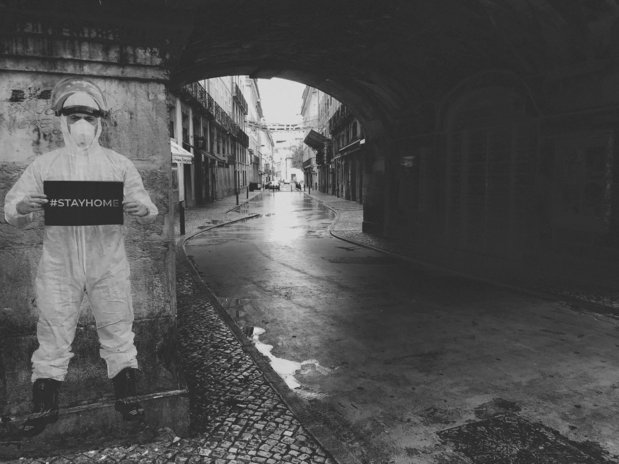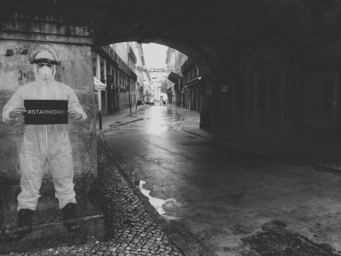Millions of people all over the world have been severely impacted by the COVID-19 pandemic. With over 240,000 deaths in the United States, 128,000 deaths in India, 163,000 deaths in Brazil, and over 1.29 million deaths worldwide, this pandemic has forced most countries to go into extreme lockdown. Typically known as a wealthier country, Australia has been a prominent country to watch for its horrendous treatment of certain communities involving lockdown. While people all over the world have been advised to follow certain precautions and protocols to ensure safety, Australian officials have been targeting communities that are more vulnerable and typically composed of more ethnic minorities.
While Australia has not been as affected by the pandemic as other countries, the impact can be felt harder by its impoverished communities when compared to other places. For instance, Australia recently came under scrutiny for its treatment of 3,000 people in a public housing community in July, as they were forced to go into a harsher lockdown than the surrounding area. Daniel Andrews, the premier of the state of Victoria, had announced expanded stay-at-home orders that month but restricted the 3,000 residents more with forced police presence in their apartment buildings. Without warning, these communities were forced to go into immediate house arrest for 14 days. This act left many residents with no ability to communicate with the outside world and unable to obtain groceries or necessities outside of the house.
For many of these residents, the only way they got through the 14 days was through the assistance of their neighbors. They felt like their voices were not heard, as many families were separated from their loved ones without warning. Multiple people who resided in the building were at work when the order was placed, unable to return home due to the police presence. Some members had run out of medication while others did not have any more food.
Instead of providing government assistance, the government was said to have left many requests and pleas unanswered until the 14-day quarantine period was finished. This community was faced with the harsh reality that is often the case for underrepresented, underprivileged people—Where is the respect that was given to richer counterparts?

Besides this particular community, Australia often sees issues with its poorest citizens having to work jobs that are often unappreciated and more susceptible to COVID-19 issues. Women and men working in factories, food processing plants, and care facilities are at higher rates for susceptibility to the virus. “The areas with lower socioeconomic status are more likely to have people that need to travel using public transport and that have to work and can’t spend time quarantined away at home,” says Joseph Ibrahim, head of the health law and aging research unit at Monash University.
Furthermore, the poorest citizens of Australia were left at a higher disadvantage with education. Many citizens do not have adequate access to the Internet, uniforms, and books and often have fewer opportunities to learn than their richer counterparts.
While the official lockdown of Australia has been over since October 28, there will be long-lasting economic and social implications for Australia’s citizens. Australia must take time to analyze its reasoning behind the harsher treatment for these communities and make advancements for their quarantine procedure. If unable to do this, Australia risks alienating a significant portion of their population for the foreseeable future.



